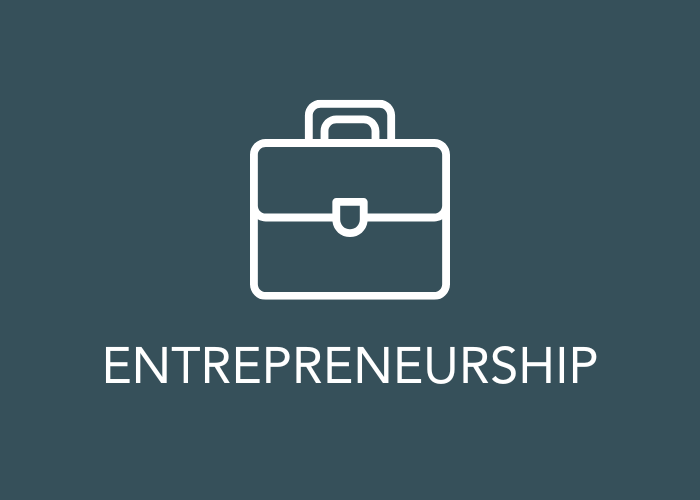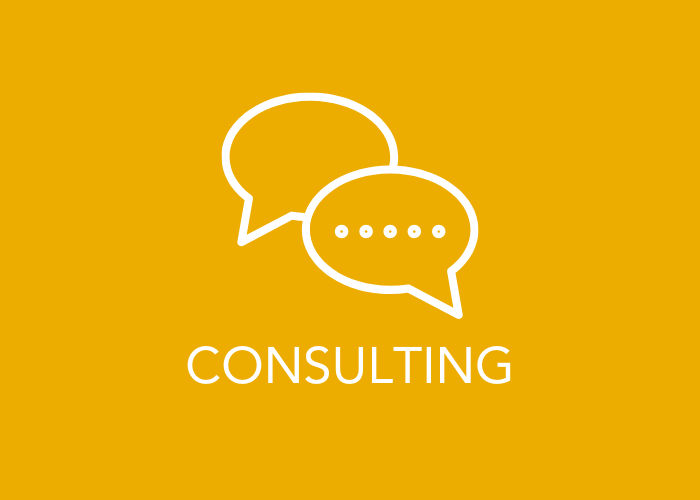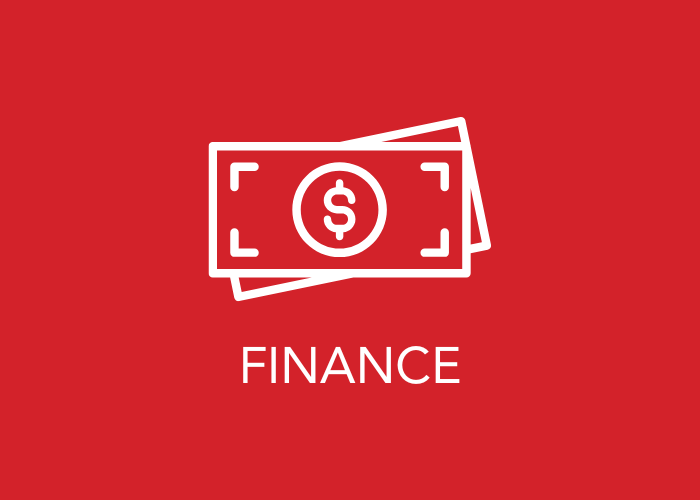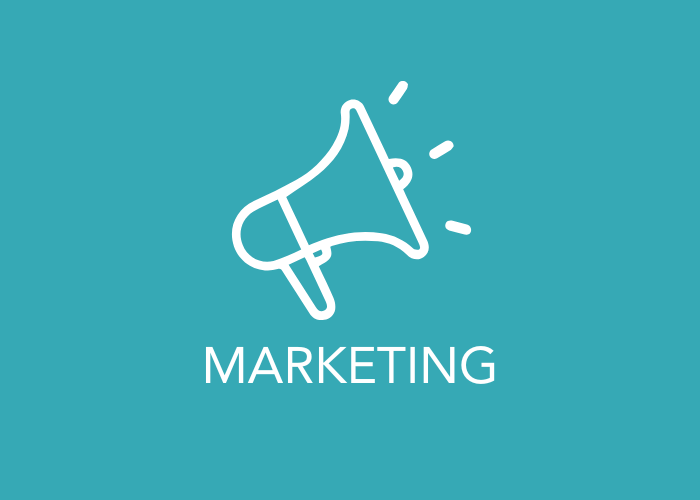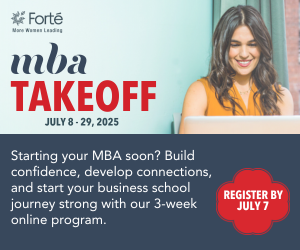Propel your career forward
Discover new possibilities in career industries and bring your next-gen thinking to the table.
Support Gender Equality
When you help someone take a step in their business career, you’re not just opening doors – you’re investing in access, opportunity, and a more equitable future for the workplace.
